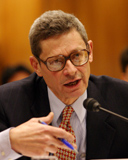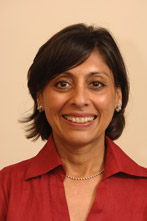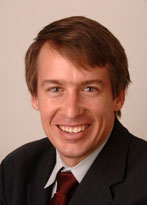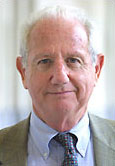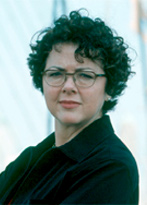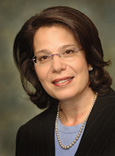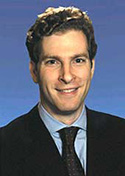CFR.org | Abbas: Musharraf’s Sinking Credibility
/
Hassan Abbas, a research fellow at Harvard University and author of Pakistan’s Drift into Extremism, served as an official in the administrations of Pakistani President Pervez Musharraf and former Prime Minister Benazir Bhutto. He discusses escalating violence over Musharraf’s decision to suspend Pakistan’s Supreme Court chief justice and says it signifies “the beginning of the end” for the president, who seized power in a 1999 coup. Abbas says deadly clashes over the judicial crisis could not have occurred “without instruction from the top,” and that the government wished to show it would not tolerate dissent. The possibility of an agreement between Musharraf and the exiled Bhutto appears increasingly remote given the Supreme Court controversy, says Abbas.

